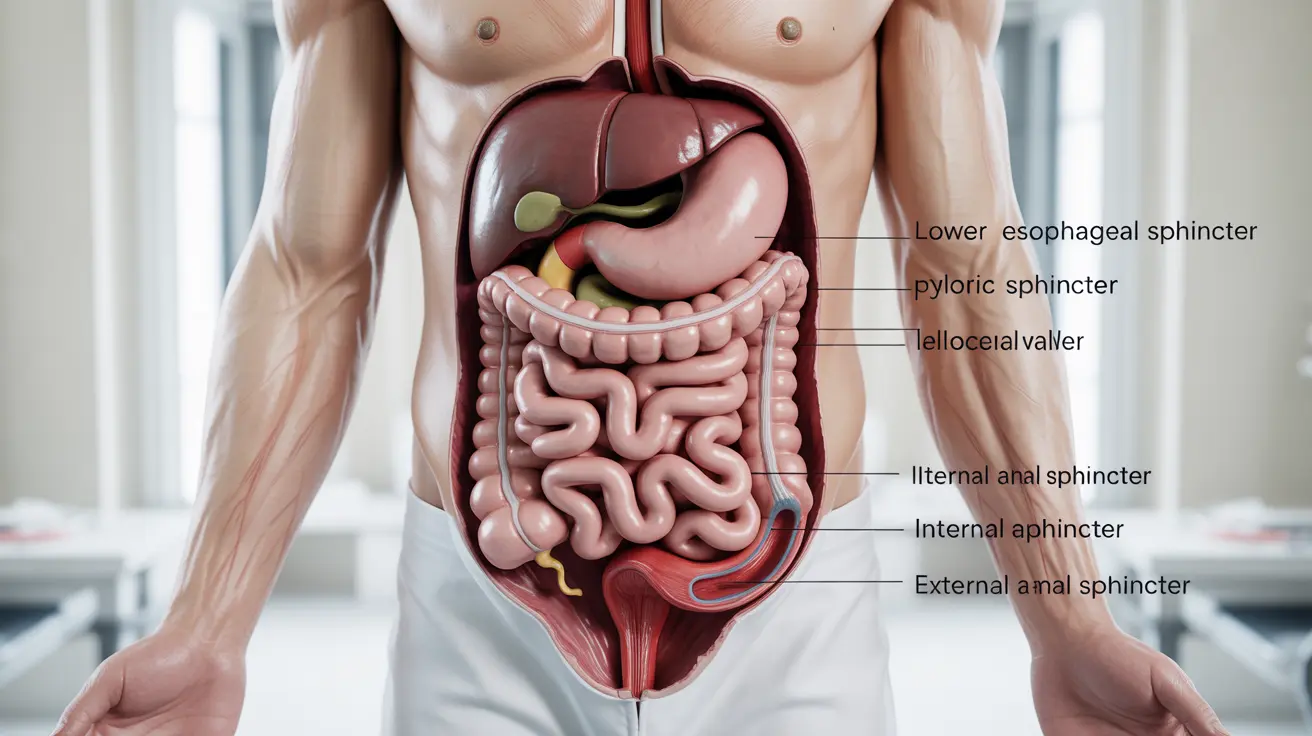Accidental bowel leakage during flatulence, commonly known as sharting, can be both embarrassing and concerning. While this occurrence is more common than many people realize, understanding its causes and prevention strategies can help manage and reduce these uncomfortable incidents.
This comprehensive guide explores the medical factors behind this condition, effective prevention methods, and when to seek professional medical advice. We'll also discuss practical lifestyle changes and treatment options to help you maintain better bowel control.
Understanding the Causes of Accidental Bowel Leakage
Several factors can contribute to experiencing unexpected stool leakage when passing gas:
Digestive System Factors
The digestive system relies on properly functioning sphincter muscles to maintain control over bowel movements. When these muscles are weakened or there's a coordination issue, it can lead to accidental leakage. Common contributing factors include:
- Weakened pelvic floor muscles
- Nerve damage affecting bowel control
- Chronic diarrhea
- Inflammatory bowel conditions
Dietary Influences
Certain foods and eating habits can increase the likelihood of accidental bowel leakage:
- Spicy foods
- Caffeine consumption
- Artificial sweeteners
- High-fat meals
- Dairy products (in lactose-intolerant individuals)
Prevention Strategies
Dietary Modifications
Making thoughtful changes to your diet can significantly reduce the risk of unexpected leakage:
- Maintain a food diary to identify trigger foods
- Eat smaller, more frequent meals
- Increase fiber intake gradually
- Stay well-hydrated
- Limit known trigger foods
Lifestyle Changes
Implementing certain lifestyle adjustments can help improve bowel control:
- Regular exercise, especially pelvic floor strengthening
- Maintaining a consistent bathroom schedule
- Managing stress levels
- Getting adequate sleep
- Avoiding heavy lifting when possible
When to Seek Medical Help
While occasional incidents might not be cause for serious concern, certain situations warrant medical attention:
- Frequent occurrences
- Accompanying pain or discomfort
- Blood in stool
- Unexplained weight loss
- Chronic diarrhea or constipation
Treatment Options
Medical Interventions
Healthcare providers may recommend various treatment approaches:
- Prescription medications
- Biofeedback therapy
- Physical therapy focusing on pelvic floor exercises
- Surgical options in severe cases
- Nerve stimulation therapy
Self-Management Techniques
Several self-care strategies can help manage symptoms:
- Kegel exercises
- Bathroom timing techniques
- Stress management practices
- Regular exercise routines
- Proper toilet posture
Frequently Asked Questions
What causes sharting and why does it happen when I try to pass gas? Sharting occurs when the muscles controlling bowel movements don't properly coordinate or are weakened. This can be due to various factors including muscle weakness, nerve damage, or digestive issues that cause loose stools.
How can I prevent accidental stool leakage during gas? Prevention strategies include maintaining a healthy diet, identifying trigger foods, performing regular pelvic floor exercises, and establishing consistent bathroom habits. Staying hydrated and managing stress can also help.
When should I see a doctor about frequent sharting or fecal incontinence? Consult a healthcare provider if you experience frequent incidents, particularly if accompanied by pain, bleeding, unexplained weight loss, or significant changes in bowel habits.
What treatments or lifestyle changes help manage or reduce sharting incidents? Treatment options include dietary modifications, pelvic floor exercises, medications, biofeedback therapy, and in some cases, surgical intervention. Lifestyle changes such as regular exercise and stress management can also be beneficial.
Are certain medical conditions or foods more likely to increase the risk of sharting? Yes, certain conditions like IBS, inflammatory bowel disease, and nerve damage can increase risk. Foods that may trigger incidents include spicy foods, caffeine, artificial sweeteners, and dairy products in sensitive individuals.




